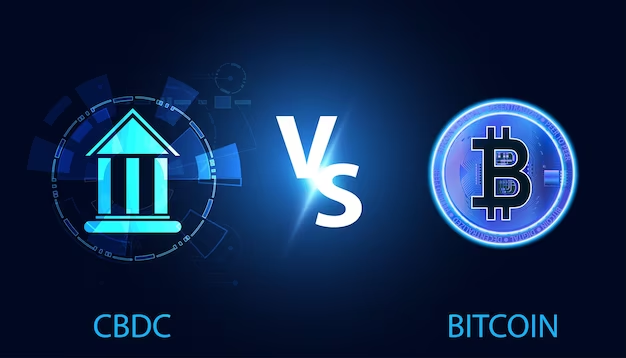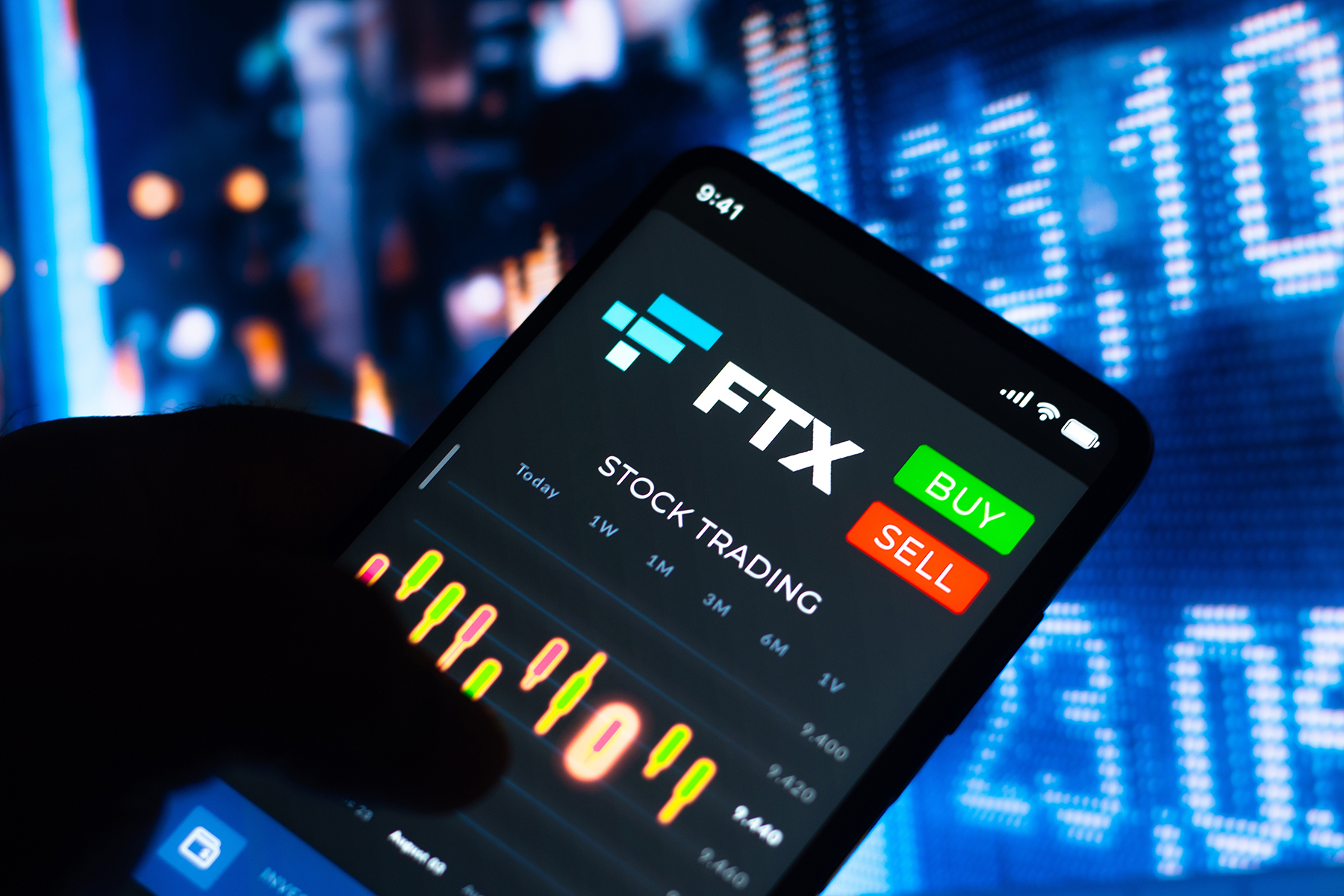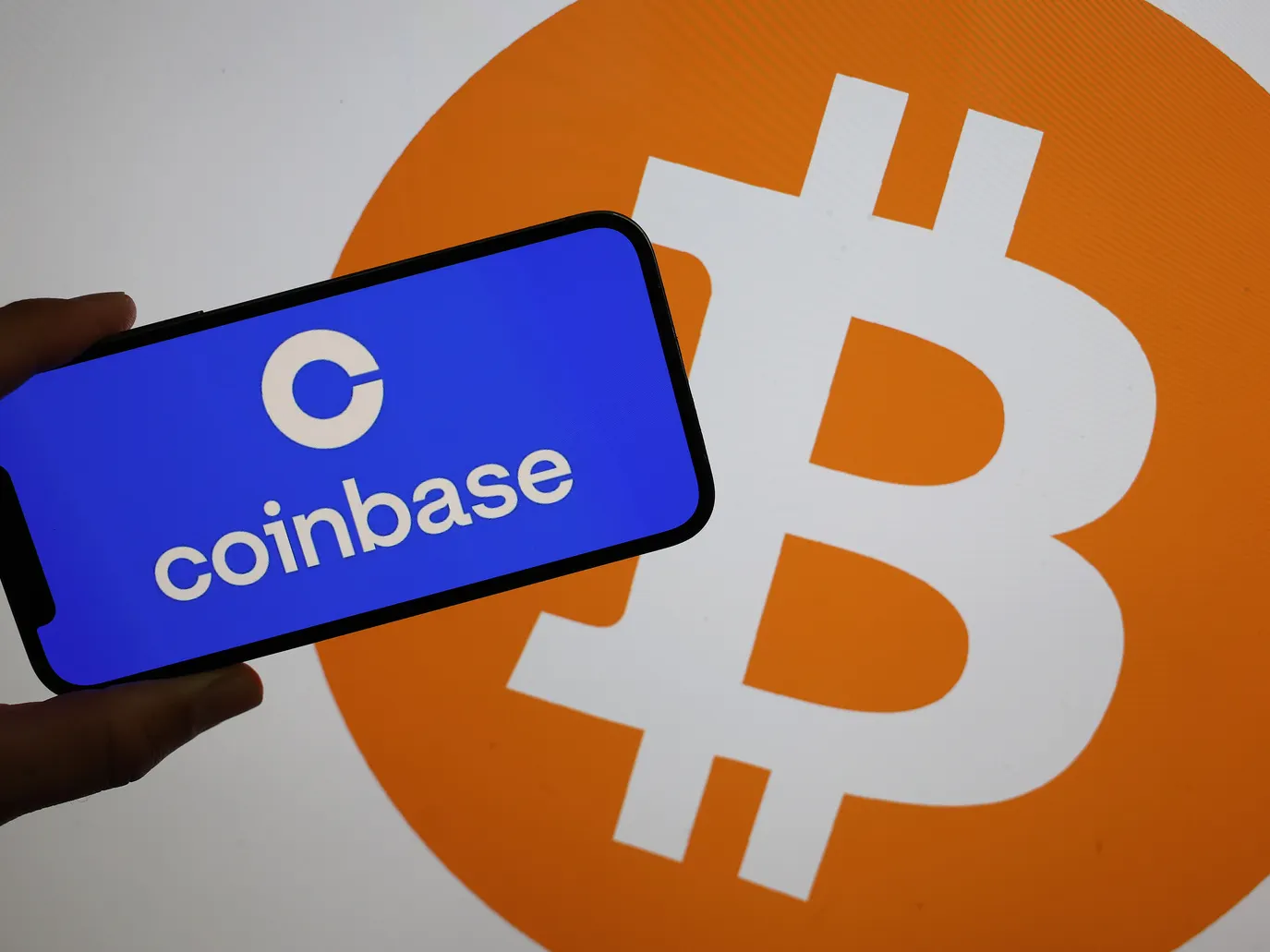Bitcoin and blockchain technology have the potential to revolutionize many industries, and one of the most promising areas is supply chain management. Supply chains are the networks that move products from producers to consumers, and transparency and traceability in these chains are crucial for ensuring product quality, ethical sourcing, and efficiency. This blog explores how Bitcoin and blockchain technology are being used to enhance transparency and traceability in supply chains.
Introduction
In today’s global economy, supply chains are more complex than ever. From the raw materials used in manufacturing to the finished products on store shelves, the journey of goods involves multiple stages and numerous stakeholders. Ensuring transparency and traceability throughout this process is crucial for maintaining product quality, ethical sourcing, and operational efficiency. However, traditional supply chain management systems often struggle with issues like fraud, inefficiency, and lack of visibility.
Enter Bitcoin and blockchain technology. These innovative solutions are transforming supply chain management by providing secure, transparent, and immutable records of every transaction. In this blog, we will explore how Bitcoin and blockchain technology are enhancing supply chain transparency and traceability, benefiting both consumers and businesses.
Bitcoin impact on supply chain management
What is Blockchain Technology?
Blockchain is the underlying technology behind Bitcoin. It is a decentralized, digital ledger that records transactions across multiple computers. Each transaction is added to a “block,” and these blocks are linked together in a “chain,” hence the name blockchain. This technology is highly secure and transparent, as every transaction is visible to all participants and cannot be altered once it is recorded.
What is blockchain technology?
How Blockchain Enhances Supply Chain Transparency
Immutable Records: Blockchain technology ensures that once a transaction is recorded, it cannot be changed. This creates an immutable record of every step in the supply chain, from production to delivery. Consumers can trust that the information they see is accurate and unaltered.
Real-Time Tracking: With blockchain, every product can be tracked in real-time. This means that businesses and consumers can see exactly where a product is at any given moment. This level of transparency helps to prevent fraud and ensures that products are sourced and produced ethically.
Reduced Fraud: Blockchain technology makes it much harder for fraudulent activities to occur within the supply chain. Because every transaction is recorded and cannot be altered, it becomes nearly impossible to fake information or hide unethical practices.
Enhanced Efficiency: By using blockchain technology, supply chains can become more efficient. Information can be shared quickly and easily between all parties involved, reducing delays and improving overall workflow. This can lead to cost savings and faster delivery times.
Blockchain Technology for Supply Chain Transparency
Real-World Examples
Walmart: Walmart is using blockchain technology to enhance the traceability of its food supply chain. By recording every step of the food production process on the blockchain, Walmart can quickly trace the origin of any product in the event of a contamination issue. This helps to ensure food safety and build consumer trust.
Provenance: Provenance is a company that uses blockchain technology to track the journey of products from origin to consumer. This includes information about where and how products are made, ensuring that consumers can make informed choices about the products they buy.
IBM Food Trust: IBM has developed a blockchain-based platform called IBM Food Trust, which is used by various food producers, suppliers, and retailers to ensure transparency and traceability in the food supply chain. This platform helps to reduce food waste, improve safety, and build trust among consumers.
Benefits for Consumers and Businesses
For Consumers:
Trust: Knowing where products come from and how they are made builds trust and confidence in the products they buy.
Safety: Enhanced traceability ensures that any issues, such as contamination, can be quickly identified and addressed.
Ethical Choices: Consumers can make more informed choices about the products they buy, supporting ethical and sustainable practices.
For Businesses:
Efficiency: Improved communication and information sharing lead to more efficient supply chain operations.
Cost Savings: Reducing fraud and improving workflow can result in significant cost savings.
Brand Loyalty: Building trust with consumers through transparency can lead to increased brand loyalty and customer retention.
Conclusion
Bitcoin and blockchain technology are transforming supply chains by enhancing transparency and traceability. These technologies ensure that every step of the supply chain is accurately recorded and visible to all participants, reducing fraud and improving efficiency. As more businesses adopt blockchain technology, we can expect to see even greater improvements in supply chain transparency, benefiting both consumers and businesses. This revolution in supply chain management is just one of the many ways that blockchain technology is making a positive impact on the world.



















